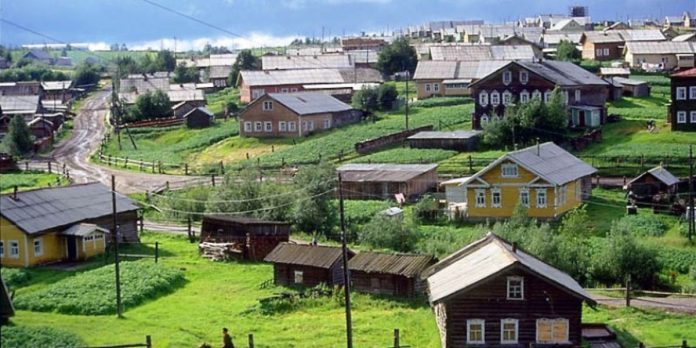Попри поширену думку, що життя за містом більш спокійне й корисне для ментального здоров’я, нові дослідження американських науковців ставлять під сумнів цю теорію. Дослідники вивчили дані двох великих поздовжніх опитувань мешканців США, щоб визначити, як проживання в місті або сільській місцевості впливає на психологічний добробут і особистісні риси людей. Результати дослідження, опубліковані в Journal of Personality, засвідчили, що існують значні відмінності між городянами та селянами в аспектах добробуту та так званої «великої п’ятірки» особистісних рис.
Виявилося, що мешканці сіл демонструють нижчий рівень таких рис, як відкритість до нового досвіду та сумлінність, а також мають нижчий загальний рівень психологічного благополуччя. На противагу цьому, у сільських жителів спостерігається вищий рівень невротизму, що може свідчити про більшу схильність до тривоги та емоційної нестабільності. Науковці вважають, що однією з можливих причин такої різниці є обмежений доступ до психологічної допомоги та менш розвинена інфраструктура для підтримки психічного здоров’я в сільських районах.
Серед інших факторів, які можуть впливати на рівень добробуту сільських жителів, дослідники розглядають обмежені можливості для саморозвитку, соціальної активності та здобуття нового досвіду, які є доступнішими в містах. Крім того, життя в місті передбачає більше соціальних зв’язків та ресурсів, що може позитивно впливати на психологічну стійкість та задоволеність життям.
Ці висновки кидають виклик поширеній ідеї про сільське життя як ідеальне середовище для досягнення внутрішнього спокою та гармонії. Навпаки, вони підкреслюють важливість доступу до послуг і можливостей, які зазвичай пропонує місто, для підтримки ментального добробуту та розвитку особистісних рис.


